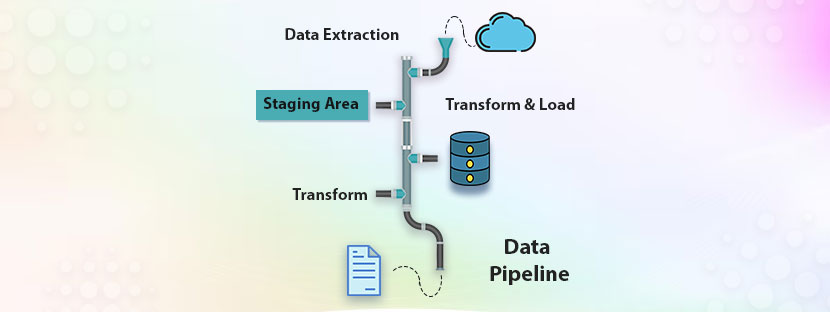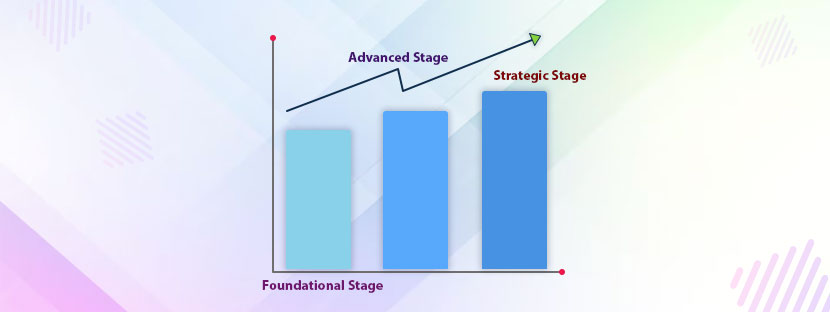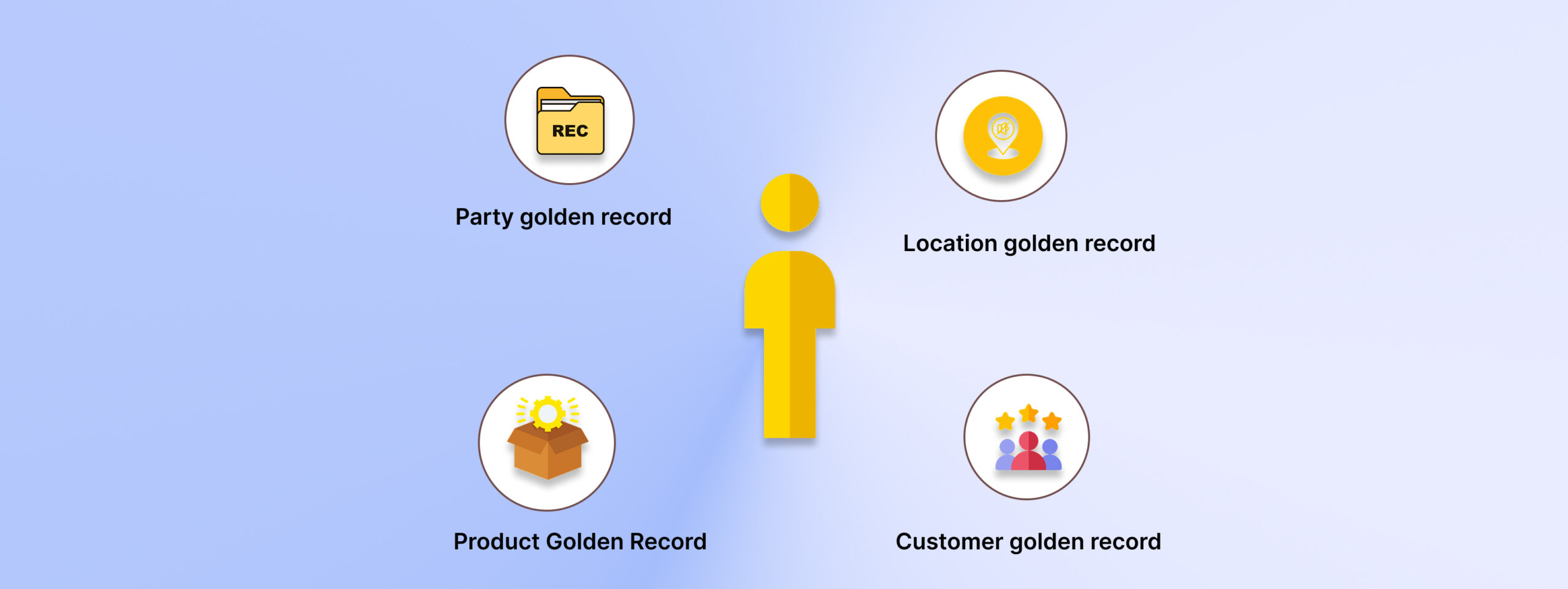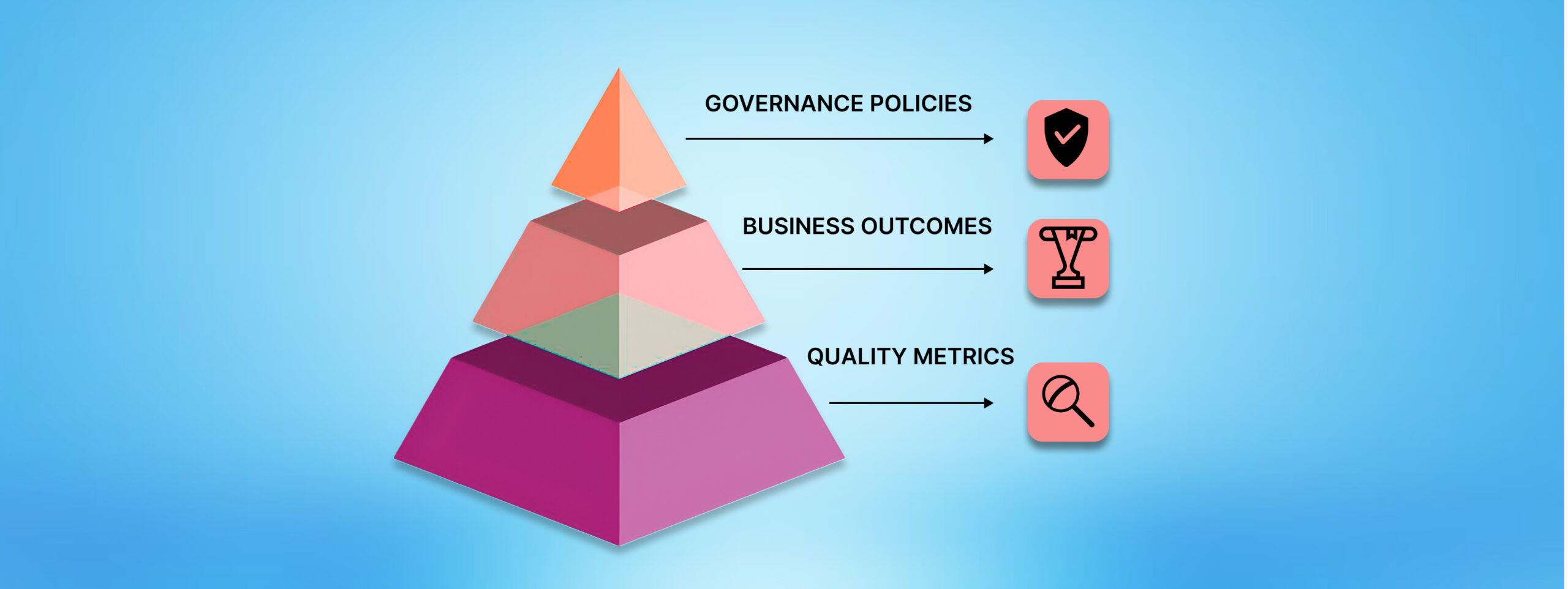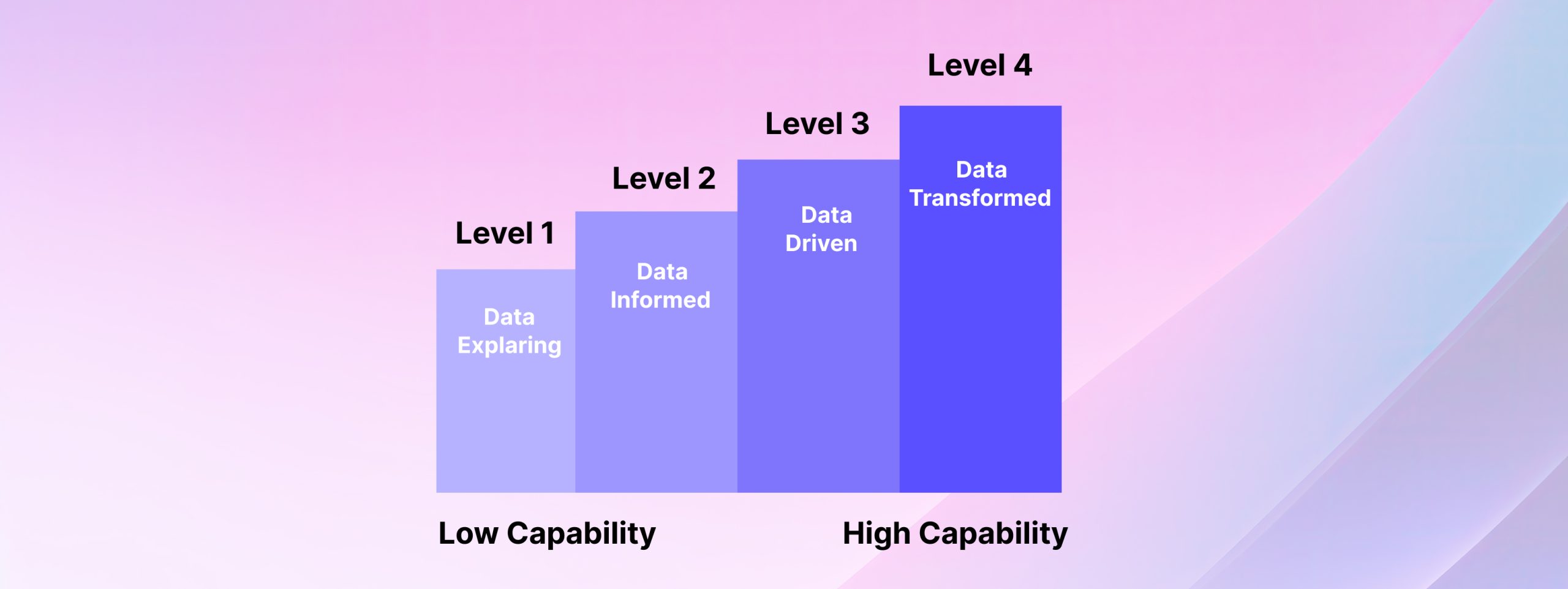Making informed decisions is the first thing you have to do as a business owner to survive the market competition, isn’t it? For that, you need to extract insights from vast ranges of data sources using proper technology. Having a pro-flexible data processing pipeline can help you manage the influx of information that you all need.
Let’s understand how the data processing pipeline works, along with different types of data pipelines (ETL pipelines), in this blog.
Shall we start?
What are data pipelines?
A data pipeline is a systematic process for the reliable movement, transformation, and management of data from one point to another within the same data environment. It allows a seamless flow of data across the organization and various stages of data processing elements. Thus, it consists of a series of data processing steps.
Interestingly, if the data is not loaded well currently into the data platforms, then it is ingested at the beginning of the pipeline. A series of steps is there where each step delivers an output that is the input to the next step. Hence, it continues until the pipeline gets completed. However, in a few instances, it was seen that some independent steps ran parallel to the core data pipeline processes.
In essence, data pipelines are the processes that move data from its sources through various transformations to its destination. This process includes data to be collected, modified, and then prepared for analysis. It often utilizes the Extraction, Transformation, and Loading (ETL) techniques, depending on the data pipeline type.
Data pipeline vs ETL pipeline
You can get a clear picture of the data pipeline when you can distinguish between data pipelines and ETL (Extract, Transform, Load). Both processes do almost the same things, which are moving and processing the data. However, the ETL pipelines are different, and they are typically more focused on transforming data to make it suitable for serving business-specific needs. On the contrary, data pipelines are, in general, focused more on a broad range of data management tasks. It makes the data management process essential for organizations seeking comprehensive data processing solutions.

Flexibility
ETL pipelines can handle unstructured and semi-structured data via the transformation phase. This transformation phase includes cleaning, structuring, and enriching data for further analysis and storage. On the other hand, simple or general data pipelines are suitable for homogeneous data sources that allow continuous data streaming. While pushing the data to flow, these pipelines maintain a consistent data format throughout. However, when it comes to handling intricate data transformation capacity, simple data pipelines are not capable enough, like ETL pipelines.
Complexity
Regarding complexity, ETL pipelines steal more marks because of their upfront design. As compared to that, simple data pipelines are designed to handle less-complex tasks and may not provide the same output as ETL pipelines do during the data transformation phase. Rather, modern ETL data pipelines are more efficient and can handle tasks that simple data pipelines usually perform.
Data ecosystem
Do you want a tightly integrated data ecosystem along with data warehouses? ETL pipelines can suit your needs the best. Using ETL pipelines is your reliable choice to maintain a legacy system and a structured data environment at your organization. However, if you want to integrate real-time data processing at your organization, simple data pipelines are the best. You can implement technologies like Apache Kafka, Apache Spark, etc, using data pipelines themselves.
Data pipeline architecture
The data pipeline market growth is expected to hit USD 43.61 billion by 2032 Most companies that use gigantic volumes of data to extract information are using data pipeline architectures to manage the flow of data. Let’s check what the things are involved in the data architecture here;
Benefits of having data pipelines in your data environment
Where to use data pipelines
Data pipelines are important, especially when the database is huge in size. It helps diverse data sources to consolidate, transform, and prepare for further data assessment. Organizations that manage a huge database need support from data pipelines. The applications of data pipelines are wide, which include;
The applications of data pipelines in modern data-driven organizations are huge. They are very much dependent on data pipelines to maintain data flow and bring the critical data insights into the operations. This also helps your organization to explore the full potential of your data and bring out the best data patterns to handle your specific operational needs. To get the full benefits, you just need the best data processing expert for your operations. Once you get it, you can enhance the capacity of your data pipeline and make the best decisions for your operations.

